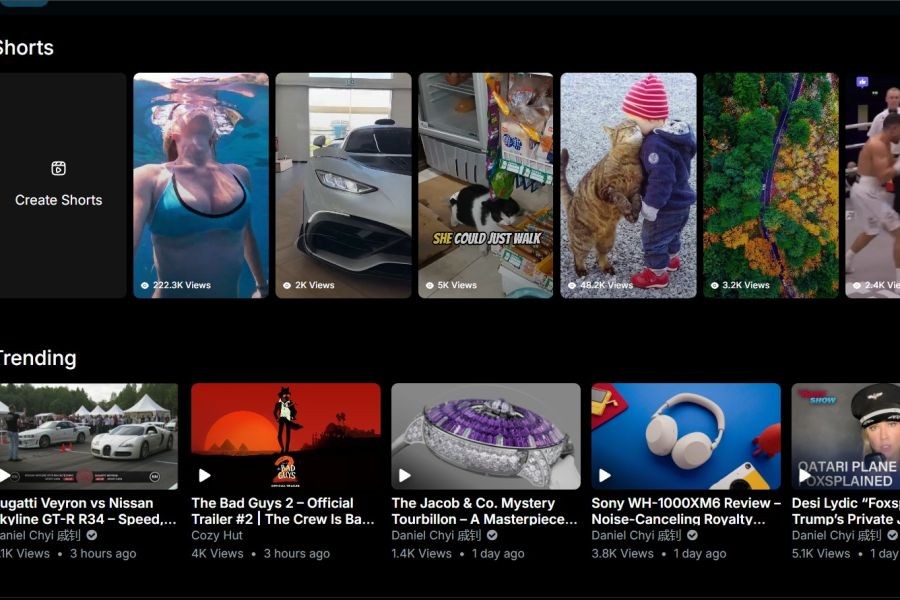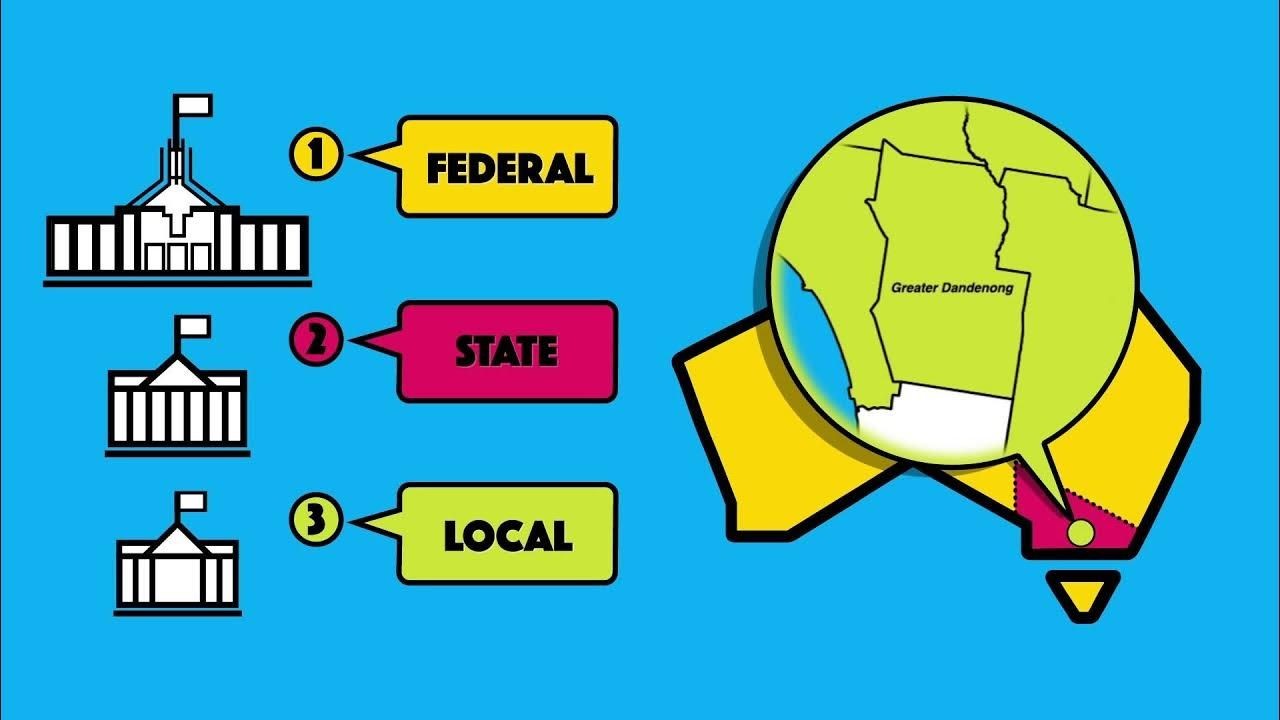The digital landscape is ever-evolving, with content creation at its core. As real estate experts in New Zealand ponder which type of content is more effective—short-form or long-form—it's crucial to understand their impact on Google's search rankings. In a world where attention spans are dwindling, does brevity reign supreme, or does in-depth content hold the key to Google's heart? Let's explore.
💡 The Power of Short-Form Content
Short-form content, typically under 1,000 words, is designed for quick consumption. It captures attention swiftly and is ideal for the fast-paced digital world. A recent study by Stats NZ revealed that over 80% of Kiwis access content via mobile devices, highlighting the growing demand for succinct, mobile-friendly content.
Pros of Short-Form Content
- High Engagement: Short-form content is easily digestible, leading to higher engagement rates on social media platforms.
- Faster Production: Creating short-form content requires less time, enabling more frequent updates and staying relevant in real-time.
- Mobile-Friendly: With the majority of users accessing content on mobile, shorter content is more accessible and user-friendly.
Cons of Short-Form Content
- Limited Depth: Short-form content cannot delve deeply into complex topics, which may leave readers with unanswered questions.
- SEO Challenges: Google often favors comprehensive content that provides detailed information, potentially impacting search rankings.
🔍 The Influence of Long-Form Articles
Long-form articles, exceeding 1,500 words, offer in-depth analysis and thorough exploration of topics. They are particularly valuable in the real estate sector, where detailed insights and data are crucial for informed decision-making. According to a study by the Reserve Bank of NZ, detailed content is instrumental in shaping investment decisions as it provides comprehensive data analysis.
Pros of Long-Form Articles
- SEO Benefits: Long-form content tends to perform better in search rankings as it often answers a wider array of queries.
- Authority Building: Detailed articles establish expertise and authority, crucial for sectors like real estate.
- Value Addition: By providing extensive insights, long-form articles offer more value, encouraging readers to return for more.
Cons of Long-Form Articles
- Time-Consuming: Creating in-depth content requires significant time and resources, which may not be feasible for all businesses.
- Reader Fatigue: Longer articles may deter readers with limited attention spans unless well-structured and engaging.
📊 Real-World Case Study: Xero's Content Strategy
Problem: Xero, a renowned accounting software company based in Wellington, faced the challenge of educating potential users about complex financial concepts while maintaining engagement.
Action: Xero implemented a hybrid content strategy, combining short-form tips and insights on social media with in-depth guides and case studies on their blog. This approach catered to varied audience preferences while maximizing reach and engagement.
Result: Xero's strategy led to a 35% increase in website traffic and a 20% rise in customer acquisition within a year. Their content effectively educated users while establishing Xero as a trusted authority in accounting solutions.
Takeaway: A balanced content strategy can optimize both engagement and authority, providing valuable insights for businesses navigating New Zealand's digital landscape.
🔍 Common Myths & Mistakes
Myth: "Short-form content is more shareable."
Reality: While easily shared, short-form content lacks depth, limiting its potential for driving meaningful engagement.
Myth: "Long-form content is outdated."
Reality: Long-form content remains highly valued for its depth, particularly in industries like real estate where detailed analysis is crucial.
Myth: "SEO only favors long-form content."
Reality: Google's algorithms prioritize value and relevance, which can be achieved through both short and long-form content.
🚀 Future Trends & Predictions
As New Zealand's digital landscape continues to evolve, a blend of short and long-form content will dominate. By 2026, the integration of AI in content creation is expected to streamline production processes, enabling businesses to deliver personalized, data-driven content efficiently. According to a report by NZTech, AI-driven personalization will enhance user engagement by 40%, reshaping the content marketing landscape.
🔚 Conclusion
In the debate between short-form and long-form content, the winner isn't clear-cut. Both formats offer unique advantages and can be leveraged strategically to enhance visibility and engagement. For New Zealand real estate experts, understanding audience preferences and integrating diverse content types will be key to maximizing impact. Share your thoughts—what's your content strategy for 2024?
🔍 People Also Ask (FAQ)
How does content type impact SEO in New Zealand? Google prioritizes value and relevance, so both short and long-form content can perform well if they meet user intent and provide valuable insights.
What are the biggest misconceptions about content marketing? A common myth is that short-form content is always more shareable, but long-form content often generates deeper engagement and authority.
What is the future of content marketing in New Zealand? AI-driven personalization and a balance of content types are predicted to enhance user engagement and streamline content production by 2026.
🔍 Related Search Queries
- Short-form content examples
- Long-form content SEO benefits
- Content marketing strategies for real estate
- AI in content creation
- Content marketing trends 2024
































randalpiscitel
6 months ago